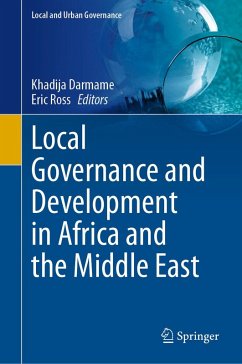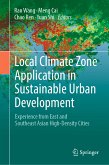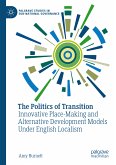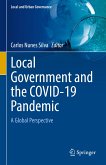The proposed edited volume surveys how current local governance policies and development strategies across Africa and the Middle east are advancing Sustainable Development Goals (SDGs). Morocco's recent experience with local development strategies serves as starting point for the discussion (introductory chapter). Over the past decade, Morocco has undertaken a variety of initiatives aimed at reducing poverty and social inequalities and providing essential services to marginalized communities. These initiatives provide great opportunities to reshape the spatial organization of regions, and to address chronic local issues of infrastructure and investment. Local governance is the most direct way of providing basic services to populations, helping to alleviate socio-spatial inequalities. Also, it is and will continue to be the best way to engage people and local governments in economic, social and human development agendas. However, placing local governance at the heart of development strategies requires going well beyond participatory approaches to policy making. Local communities and their governments need to be empowered. As responses to the Covid19 epidemic have laid bare, new and more efficient modes of territorial governance are needed at local and regional levels if current global-scale challenges are to be met.
While development and governance strategies like Morocco's are framed by global agreements and standards, there is a need to understand them at the regional scale. Are there discernible patterns in how African and Middle Eastern countries design and implement them? This volume will assemble case studies from across the region, allowing for understandings that transcend the usual spatial dichotomies between "North" and "Sub-Saharan" Africa and the "Anglophone" and "Francophone" spheres.
The proposed volume builds upon an international conference on the topic held at Al Akhawayn University in Ifrane, Morocco (11-13 Feb. 2022, held on-line due to Covid restrictions). 22 participants, including both scholars and practitioners, presented at the conference. Nine of these contributions will be included as chapters in the volume, with a few additional chapters being solicited from researchers who did not attend.
The volume is aimed at a readership of researchers and development practitioners, and will be of most direct benefit to advanced undergraduate and graduate-level students.
Dieser Download kann aus rechtlichen Gründen nur mit Rechnungsadresse in A, B, BG, CY, CZ, D, DK, EW, E, FIN, F, GR, HR, H, IRL, I, LT, L, LR, M, NL, PL, P, R, S, SLO, SK ausgeliefert werden.









